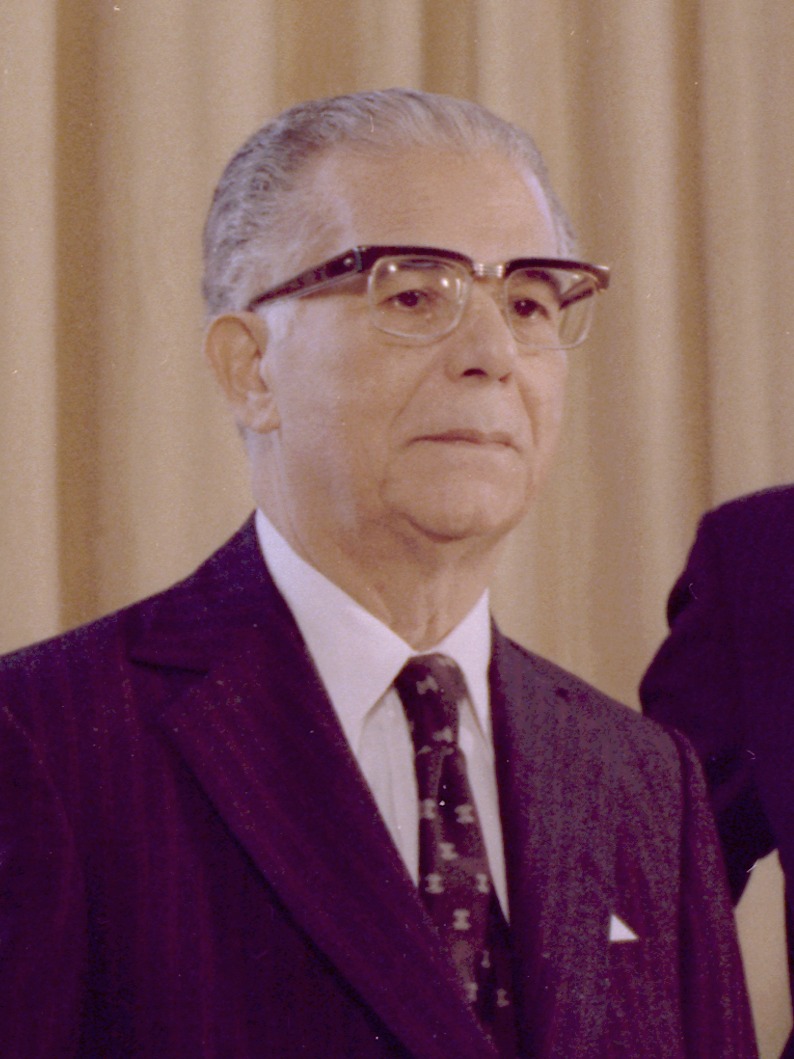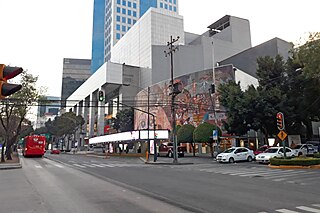| |||||||||||||||||||||||||
| |||||||||||||||||||||||||
| |||||||||||||||||||||||||
 |
|---|
| This article is part of a series on the politics and government of Mexico |
Executive |
Legislative |
| Foreign relations |
General elections were held in Mexico on 7 July 1952. [1] The presidential elections were won by Adolfo Ruiz Cortines, who received 74.3% of the vote. In the Chamber of Deputies election, the Institutional Revolutionary Party won 151 of the 161 seats. [2] These were the last presidential elections in Mexico in which women were not allowed to vote.

Mexico, officially the United Mexican States, is a country in the southern portion of North America. It is bordered to the north by the United States; to the south and west by the Pacific Ocean; to the southeast by Guatemala, Belize, and the Caribbean Sea; and to the east by the Gulf of Mexico. Covering almost 2,000,000 square kilometres (770,000 sq mi), the nation is the fifth largest country in the Americas by total area and the 13th largest independent state in the world. With an estimated population of over 120 million people, the country is the eleventh most populous state and the most populous Spanish-speaking state in the world, while being the second most populous nation in Latin America after Brazil. Mexico is a federation comprising 31 states and Mexico City, a special federal entity that is also the capital city and its most populous city. Other metropolises in the state include Guadalajara, Monterrey, Puebla, Toluca, Tijuana and León.

Adolfo Tomás Ruiz Cortines was a Mexican politician who served as 47th President of Mexico from 1952 to 1958, as the candidate for the Institutional Revolutionary Party (PRI). Unlike his predecessor as president Miguel Alemán and his successor Adolfo López Mateos, he had participated in the Mexican Revolution. He was one of the oldest presidents of Mexico, perhaps best remembered for granting women the right to vote in presidential elections and stimulating the Mexican economy during the period known as the Mexican Miracle.

The Institutional Revolutionary Party is a Mexican political party founded in 1929 that held uninterrupted power in the country for 71 years from 1929 to 2000, first as the National Revolutionary Party, then as the Party of the Mexican Revolution, and finally renaming itself as the Institutional Revolutionary Party in 1946.



















